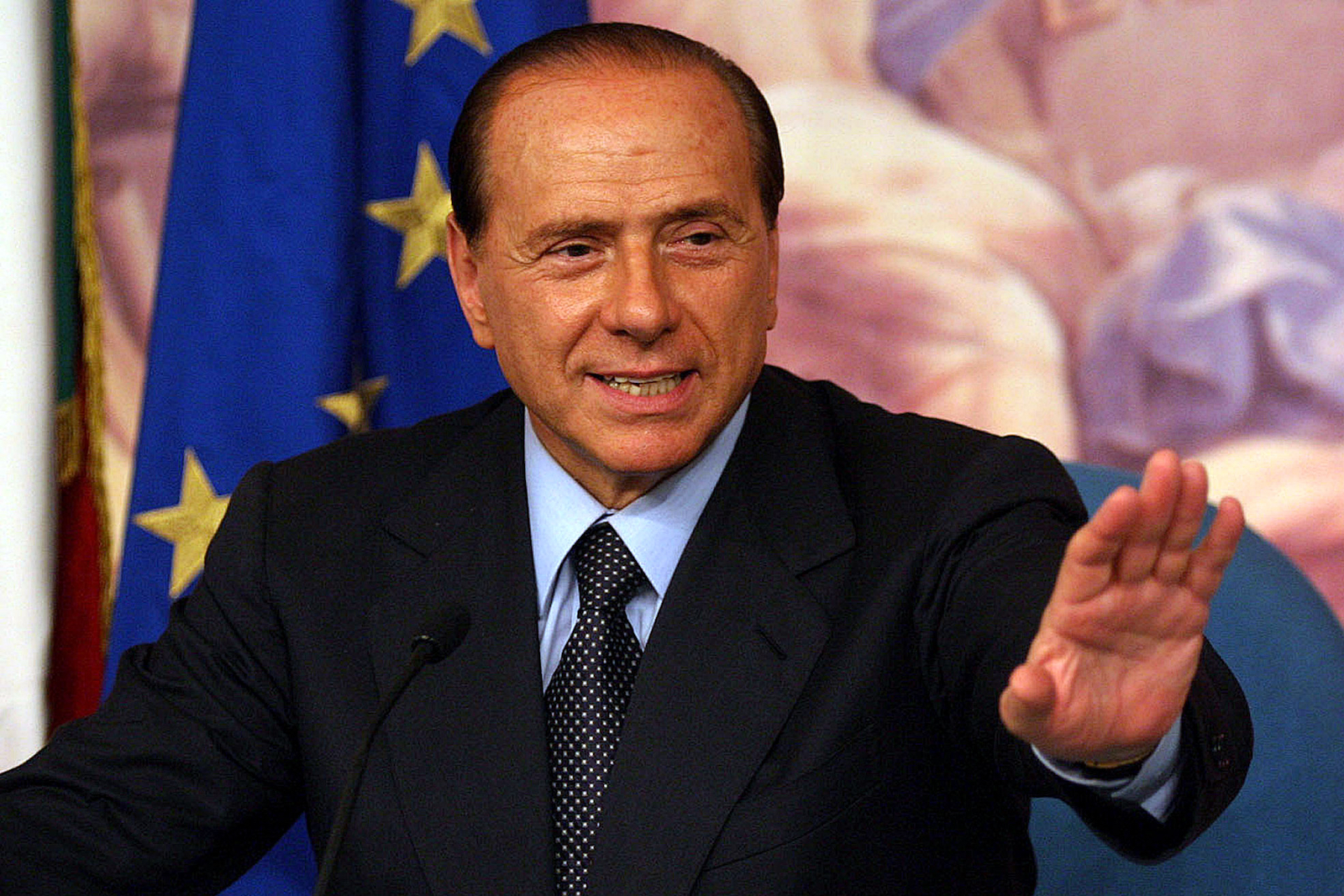
Catching Il Cavaliere: Berlusconi’s Conviction
“The fundamental defect of Mr. Berlusconi’s governing style is that he often confuses private interests with public ones.” – The Economist, Jun 9, 2011
Saviour and buffoon, makeup demagogue and extremist. He is the sort of character one misses because of his enormously negative potential, thinking that monochrome politics might be a worse option. But the conviction of Silvio Berlusconi by a Milan court for tax fraud last week labeled political homicide by members of his own party is yet another page turner in Italy’s sordid political drama.
The prosecution case centred around 11 defendants, targeting a scheme to purchase the rights to broadcast U.S. movies on Berlusconi’s private television networks. The catch here was that Berlusconi and his underlings would make use of offshore companies, thereby avoiding the tax regime. It was claimed that the price for such TV rights was inflated – covering some 3,000 films. The difference Berlusconi’s networks pocketed was a handsome 270 million euros.
The Berlusconi legacy has proven poisonous and inescapable. He has managed to scupper democracy, converting it into a crude authoritarian oligarchy well moneyed, seedy and, depending on which side of the fence you are on, hugely entertaining.
(Amongst other things, let us not forget the remark about Obama’s ‘tan,’ Angela Merkel’s lack of sexual appeal and, well, the list goes on.)
The record of criminal allegations is positively tome-like in dimensions. Berlusconi escaped prosecution several times due to laws initiated by the man himself, shortening the statute of limitations at strategic moments.
Cleverly, perversely, Berlusconi has decided to attack the judges for being the instruments of anti-democratic viciousness. He feels that he has been unduly hamstrung. In addition to the four-year prison sentence, he has been barred from public office for five years, and prevented from managing a company for three years. “It is a political conviction that I can define perfectly well as incredible and intolerable,” claimed the wounded mogul via his Italia 1 private network.
It should come as a surprise to Berlusconi that there is much democracy left, but the rotting remains are being subjected, at least in his mind, to a terrible assault by the lawyers. He would have been on the better ground making the point that Europe is currently facing a “reverse” Arab Spring – undemocratic financial juntas seeking to control Europe’s purses, notably such groupings as the Frankfurt Group of eight. Evidently, the man is losing his populist touch.
One thing is certain – he is doing Italy’s convict class at the top proud, nourishing a long pedigree of corrupt practices. The Christian Democrat premier Giulio Andreotti (known to some as Divo Giulio or Divine Julius) was convicted for links to a Mafia killing in 1979 of a journalist investigating his links, though he was cleared on appeal.
Andreotti was not a man to do things by half, being classed by Mafia informers as the chief protector of the grouping in Rome. Bettino Craxi evaded an arrest warrant and sped away to his Tunisian villa in 1994 after being charged on various counts of corruption.
That same year, Berlusconi “entered the game” (scendere in campo). He was going into battle, taking to the sporting ground with a sense of self-inspired duty. It may well be that he was confusing football – certainly, his pompously well-kitted club AC Milan – with politics, but for him, the distinction has never been obvious. His media empire is a colossus, its muscles flexed through the Mediaset Group, which owns three TV chains. To this can be added his controlling hand in RAI television, making anyone not in the Berlusconi cosmos nervous and isolated.
It was incongruous that a man with such power should become Prime Minister even as he remained in control of his assets, but Prime Minister he did become – three times, in fact, making him Italy’s longest-serving leader since World War II. His greatest achievement – even his critics give him this – was uniting the fractious right in Italian politics. The fascist blend combined neatly with centrist corporatism – Berlusconi was well on the way to turning Italy into a monetised theme park.
This conviction is hardly the end of the story. (He also faces charges of paying an underage Moroccan girl by the name of Karima El Mahrough for sex and then using his influence to release her from detention.) There are two appeals to be made, and they will be exhaustive and exhausting. Previous convictions have been thrown out with ceremonial disdain. Berlusconi will fight with a terrier-like tenacity that has earned him plaudits as a professional survivor. In that sense, he claims to have been Christ-like, persecuted for his views by unenlightened enemies.
Il Cavaliere has always managed at some point to convert seemingly hideous deformities of character into charming traits. The law, being itself susceptible to charismatic deception, is incapable of coping with such a creature. True to form, he now promises to remain in politics – and reform it.

